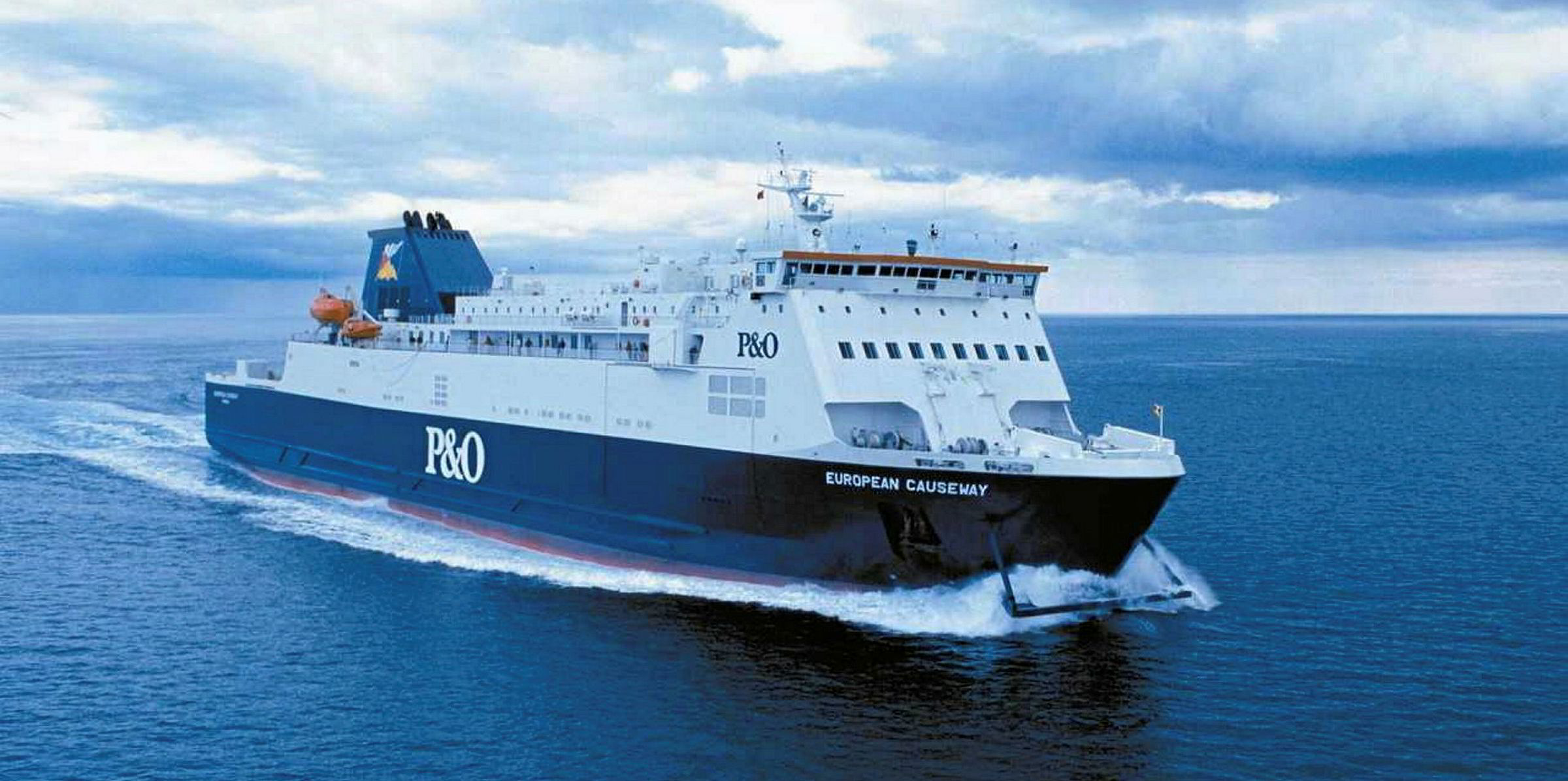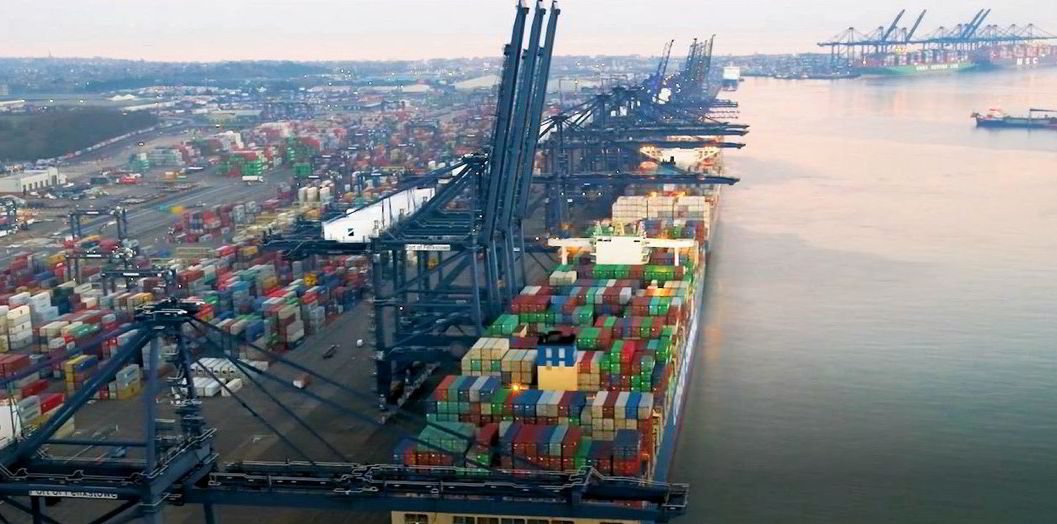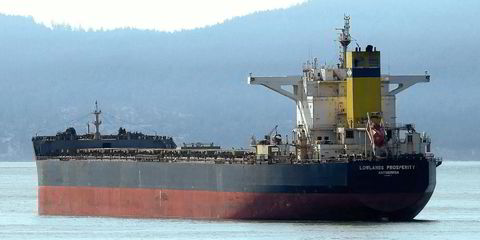The UK government has rejected claims by port authorities that they are unsuited to police proposed minimum wage rules for seafarers.
The government introduced legislation in Parliament on Wednesday to try to prevent a repeat of the sacking in March of nearly 800 P&O Ferries crew members, who were replaced by lower-paid agency staff.
The bill followed a four-week industry consultation in which many respondents complained that port authorities lacked the expertise to police the system, which would include imposing penalties on those breaking the rules.
But the government dismissed the arguments, concluding that it was “reasonable and proportionate” for ports to carry out the role.
Ferry services visiting the UK at least 120 times a year must provide a declaration to port officials that they are paying seafarers a rate at least equivalent to the national minimum wage — which currently stands at £9.50 ($11.38) for workers aged 23 and over.
If not, the authorities can impose financial penalties or deny access to the port, according to official documents.
The British Ports Association (BPA) said there is a risk of spiralling costs for operators and conflicts of interests, as some port owners run their own ships.
“We’re really disappointed that they listened to all these strong arguments during the consultation exercise and the bill seems to be as they had said it would be,” said BPA spokesman Mark Simmonds.
Unions also criticised the move.
“We are clear, port authorities are not the appropriate body to ensure compliance, not least as some ferry operators are also port authorities,” said Nautilus International. “The bill is effectively asking some operators ‘to mark their own homework’.”
The union welcomed attempts to raise the incomes of seafarers but says the bill contains loopholes that could allow ferry operators to escape the minimum wage rules.
Shipowners have also expressed concerns that the planned legislation could be broadened to include the industry beyond ferry operators as it passes through Parliament.
The UK Chamber of Shipping warned that the plans could clash with international agreements and law already applying to the industry.
“It is vital that as this bill passes through Parliament it avoids undermining or cutting across these established international agreements, which would cause confusion and complication,” said a spokesman.

The government’s intention is to enforce the minimum wage for staff who call at a British port at least once every 72 hours.
In 2019, that included 62,000 ferry journeys and 1,000 container ship or bulker voyages, according to government analysis.
It believes at least one-third of all seafarers on passenger ferries visiting UK ports will benefit from the scheme and more than half of those on other vessels. It wants to bring in the system by 2024.
Maritime minister Robert Courts said: “Fair pay for seafarers is a must, and the new laws we’ve introduced in Parliament today send a clear signal to operators that the UK will not let seafarers be priced out of their jobs by rogue bosses.”





